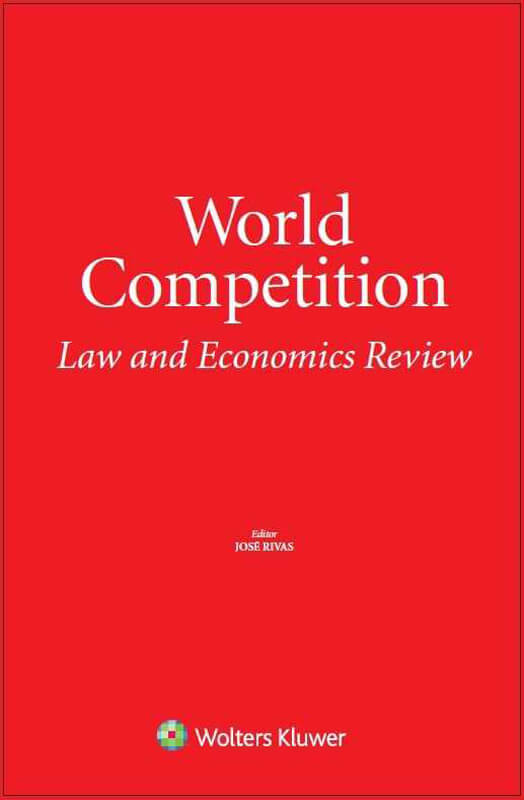Home > All journals > World Competition > 47(2) >

$25.00 - Rental (PDF) *
$49.00 - Article (PDF) *
Giuseppe Colangelo
World Competition
Volume 47, Issue 2 (2024) pp. 235 – 264
https://doi.org/10.54648/woco2024014
Abstract
Sherlocking refers to an online platform’s use of non-public third-party business data to improve its own business decisions, for instance by mimicking successful products and services of edge providers. Such a strategy emerges as a form of self-preferencing and, together with other hypotheses on preferential access to data, it has been targeted by some policy makers and competition authorities because of the competitive risks originating from the dual role played by hybrid platforms. The paper investigates the competitive implications of sherlocking, maintaining that an outright ban is unjustified. Firstly, the paper shows that, by aiming to ensure platform neutrality, such a prohibition would cover two scenarios (i.e., the use of non-public third-party business data to calibrate business decisions in general, rather than to adopt a pure copycat strategy) that should be analysed separately. Indeed, in these scenarios sherlocking may affect different forms of competition (inter-platform v. intra-platform competition). Secondly, the paper argues that, in both cases, the anticompetitive effects of the practice are questionable and that the ban is fundamentally driven by the bias towards hybrid and vertical integrated players.
Keywords
Antitrust, platforms, hybrid business model, self-preferencing, sherlocking, non-public third-party data, neutrality, copying, innovation
Extract
